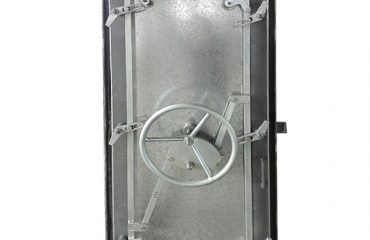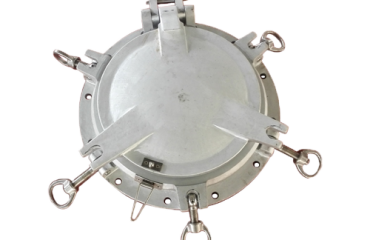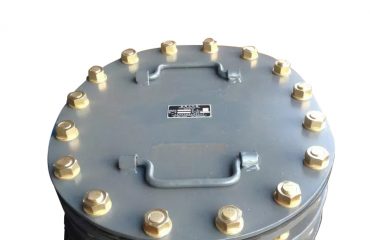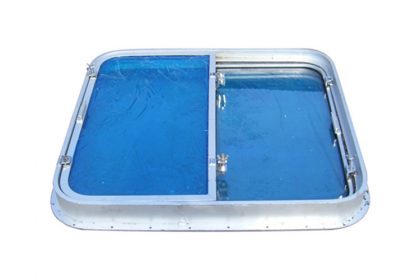
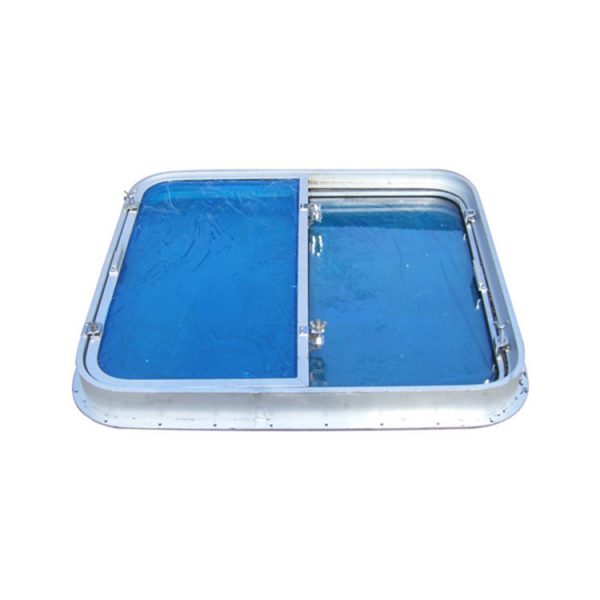
Ship Windows are an essential component of any building, providing natural light, ventilation, and protection from the elements. They serve as a barrier between the interior and exterior environment and play a crucial role in maintaining the comfort and security of a space. In regions with harsh weather conditions, ship windows are subjected to extreme temperatures, strong winds, heavy rain, and snow.
Glass windows are the most common type and are known for their transparency, allowing natural light to enter the building. While glass is fragile and susceptible to breakage, it can be strengthened with the use of tempered or laminated glass to improve durability. Additionally, glass windows can be treated with coatings to enhance their resistance to UV rays, thermal expansion, and condensation.
Wood windows have a traditional and aesthetic appeal, but they require more maintenance than other materials. Wood is susceptible to rotting, warping, and insect damage if not properly sealed and maintained. However, with regular upkeep and treatment, wood windows can withstand harsh weather conditions and provide excellent insulation.
Aluminum windows are lightweight and strong, making them ideal for areas with high winds and heavy precipitation. Aluminum is resistant to corrosion, making it a suitable choice for coastal regions or areas with high humidity. However, aluminum windows are prone to condensation and may not offer as much insulation as other materials.
In addition to the material, the design and construction of windows also play a crucial role in their ability to withstand harsh weather. Impact-resistant windows, for example, are designed to resist strong winds, debris, and pressure changes during storms or hurricanes. These windows are tested to ensure they meet specific standards for performance and safety in extreme conditions.



